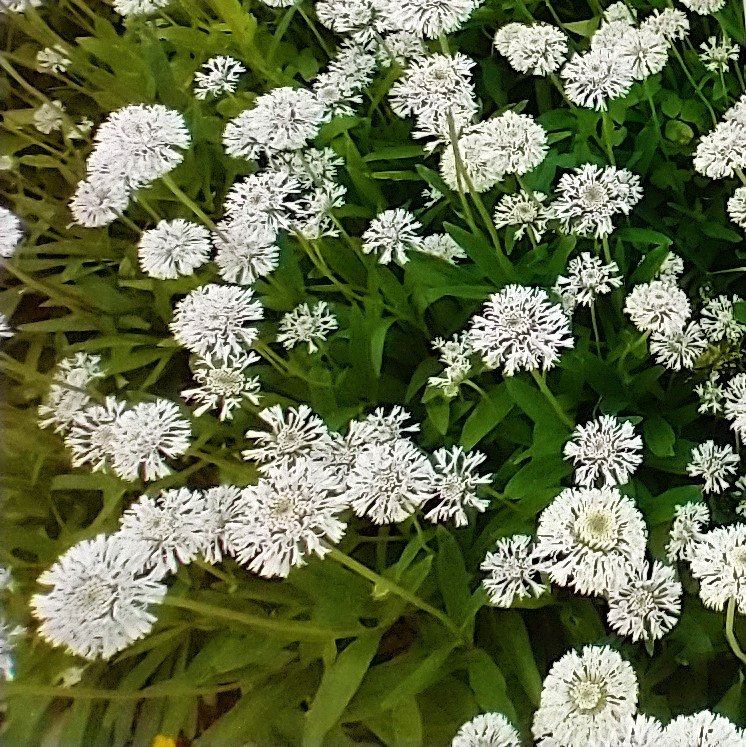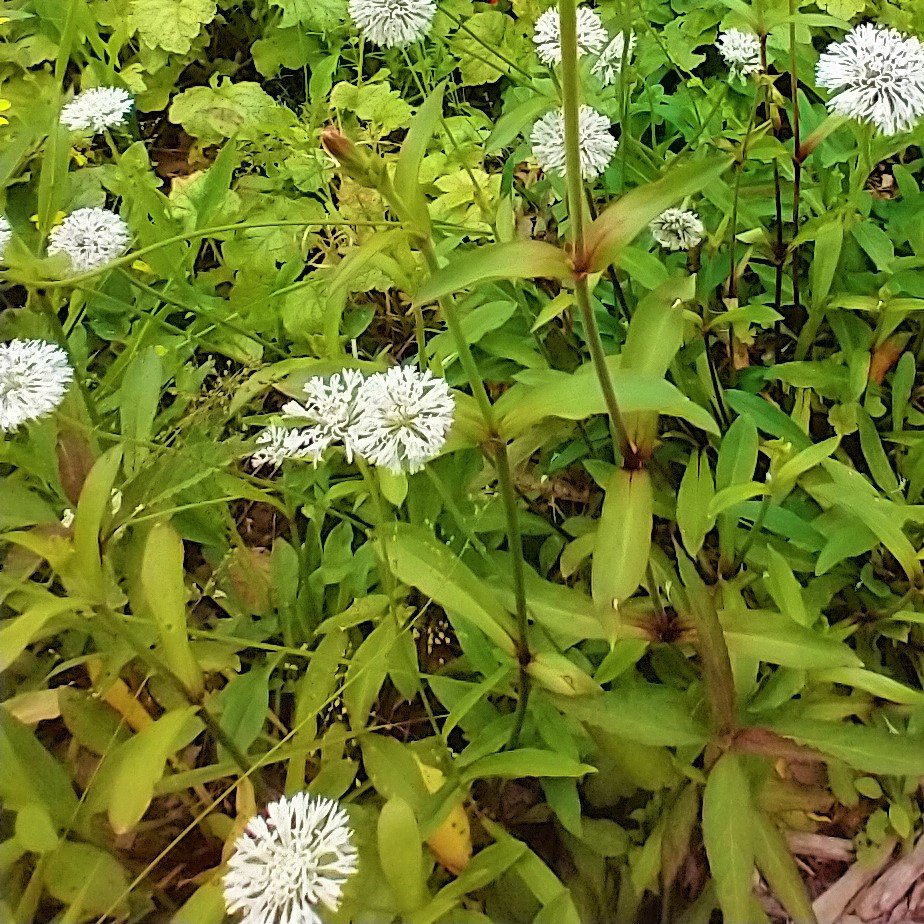Oenothera fruticosa (Southern Sundrops) - NC Ecotype
Oenothera fruticosa may be a common wildflower in NC, but its delicate flowers can appear from April to August. It is a low-growing perennial, great for pairing with taller plants, and it is a vital food source for many species of specialist bees.
NC Ecotype! Oenothera fruticosa is a hardy native wildflower with a surprisingly long bloom period, ideal for sunny slopes in a range of soils. The individual flowers are showy but ephemeral, lasting only a few days. But the bloom period where the flowers can appear ranges from early Spring to late Summer, especially for established plants in fertile soils. Flower buds first appear as an orange-red, then yellow when in full bloom, giving a striking color contrast. They are also fragrant with a sweet, fruity smell. While it can be found all over the southeast in a range of habitats, Southern Sundrops prefers full to part sun, and soils that have some drainage - moist to partly dry. They are low-growing, reaching only 1.5 feet in height and form 2’ wide clumps. Southern Sundrops will reseed in the landscape and spread by stolons over time, but they are not considered aggressive, and can be useful for filling in spaces on sunny slopes prone to erosion.
Oenothera fruticosa is part of a genus of variable flowers - some are day-blooming, typically the Sundrops, while the Evening-primrose species bloom in evening into nightfall. These different bloom periods may advantage different types of pollinators - hawkmoths tend to prefer night blooming flowers, while specialist bees may prefer the day blooming flowers. At least 4 rare species of specialists bees in the Southeast feed exclusively on Oenothera species, making Sundrops an important wildflower for bees. They are also the only host plant for the beautiful pink-yellow Primrose Moth.
Pollinators: bumblebees, halictid bees, honeybees, butterflies, hawkmoths, moths
Host Plant for Butterflies/Moths: 17+ species of moths in our region, including the Primrose Moth (Schinia florida) which likely only feeds on Oenothera species.
Dependent Species: 4 oligolectic bee species in our region which only feed on Oenothera species - Lasioglossum oenotherae, Megachile oenotherae, Melissodes fimbriatus, Svastra compta; Primrose Moth (Schinia florida), Circumscript Mompha Moth (Mompha circumscriptella), Mompha brevivittella
Wildlife Value: Hummingbirds, Songbirds, Thrushes, Wood Warblers, winter cover
Deer Resistance: Good
Native Region: Appalachian Mountains, Piedmont, Coastal Plain
Seed Origin: Durham County, NC
Ecoregion: 45 - Piedmont
USDA Zones: 4-8
States found in our region: AL, DE, GA, KY, MD, NC, PA, SC, TN, VA, WV
Other states found: AR, CT, FL, IL, IN, LA, MA, MI, MO, MS, NH, NJ, NY, OH, OK, RI, WI

















